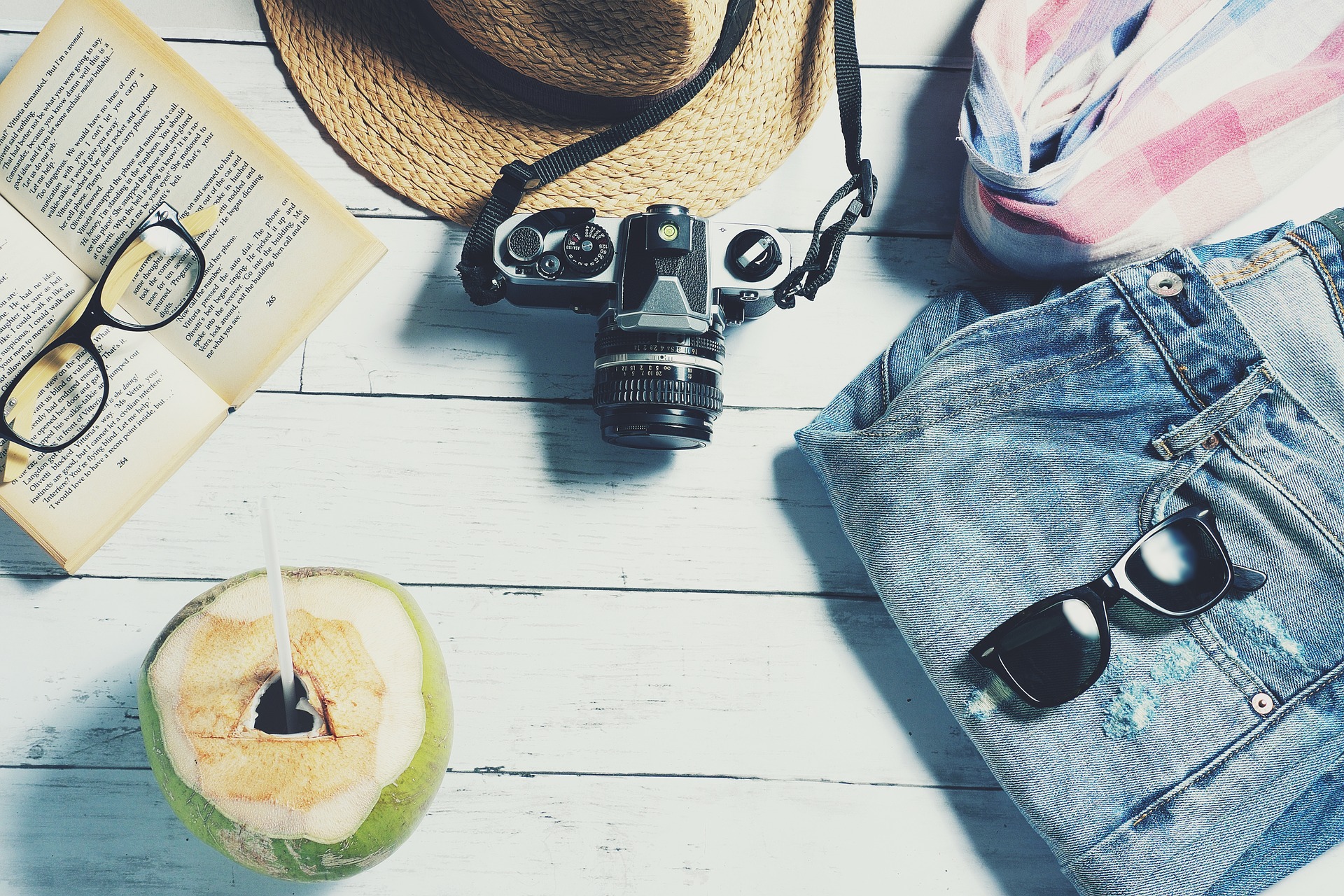
Jesse Dijkshoorn: ‘Ik heb moeten leren vrij te nemen’
Jesse Dijkshoorn, de bekende sportverslaggever en presentator, deelt openhartig over het belang van vrije tijd in zijn drukke leven. In een interview bekent Dijkshoorn dat hij in het verleden moeite had met het nemen van vrij. Hij was zo gefocust op zijn werk dat hij geen tijd voor zichzelf nam. Dit leidde tot uitputting en stress. “Ik heb moeten leren dat je vrij moet nemen om op te laden,” zegt hij. “Als ik geen vrije tijd neem, kan ik niet op mijn best presteren.” Tegenwoordig maakt Dijkshoorn tijd voor zichzelf door te sporten, te lezen en tijd door te brengen met zijn familie en vrienden. Hij heeft ook geleerd om ‘nee’ te zeggen tegen extra werk of verplichtingen. “Het is belangrijk om grenzen te stellen,” legt hij uit. “Als je altijd ‘ja’ zegt, ga je uiteindelijk over je grenzen heen en word je ongelukkig.” Dijkshoorns advies aan anderen die moeite hebben met het nemen van vrij, is om te beginnen met kleine stapjes. “Neem een dag vrij per week, of zelfs een paar uur per dag,” suggereert hij. “Je zult merken dat het een verschil maakt in je energieniveau en je algehele welzijn.” Dijkshoorns ervaring is een herinnering aan het belang van het onderhouden van een gezonde balans tussen werk en privéleven. Door vrije tijd te nemen, kunnen we onze batterijen opladen, stress verminderen en ons beter concentreren op de dingen die ertoe doen.Jesse Dijkshoorn, a research master’s student in history, collaborated on a transcription system for medieval texts. “It’s great to make the Middle Ages accessible to people.”Jesse Dijkshoorn, a research master’s student in history, collaborated on a transcription system for medieval texts. “It’s great to make the Middle Ages accessible to people.”
What makes history so fascinating?
“Even as a child, I found it very captivating to explore how our society has evolved to what it is today. What things should you consider when building a society? What steps do you need to take? What ideas have already been developed in the past? What went wrong? This made me interested in various subjects, from how bricks are made to how social institutions are established.”
You chose a bachelor’s and a research master’s in history. Did you consider studying something else?
“After secondary school, I first started teacher training in history, but that program mainly teaches you how to pass on knowledge. I preferred to work with history itself. That’s why, after my propaedeutic phase, I went to university, where we were taught about the Middle Ages using the book ‘Eeuwen des onderscheids’ (Centuries of Distinction). Some people hate that book, but I thought it was fantastic. When we had to specialize two years later, I became a medievalist.”
Why did you start an internship at the Huygens Institute?
“The Huygens Institute aims to make history accessible to people. To this end, they use various digital techniques, which I found very interesting. As part of my internship, I trained an AI system to read medieval texts. Until now, these models were particularly adept at reading the handwriting of a single copyist, but now the Huygens Institute wanted to develop a model that can read a variety of different scripts. That meant that I had to process a lot of data. The system read the text, after which I entered what it should have said. That way, I helped the system to ‘read’ increasingly better.”
What’s your favorite place in Leiden?
“I like to spend time at the Erfgoed en Omstreken archive on the Boisotkade. It’s a beautiful, historical place, close to the gate where the rebels entered Leiden during the Siege of Leiden, with a view of the Pieterskerk.”
What do you do to relax?
“I’m a perfectionist, so the first few years of my studies were mainly focused on hard work. I really had to learn to read academically and to just scan some texts. It helped that I was increasingly able to determine my own research topics and that the COVID-19 pandemic came to an end. The fact that I immersed myself so much in my studies was partly because I missed social connections at the university. Now, in addition to my studies, I work as an editor for Leidschrift, a Leiden magazine for historians, and since last semester I make sure that I have one day off each week. Of course, I like to spend time with my girlfriend, or I play the guitar, read 19th-century literature, bake cakes, pies or bread, and I like to work with plants. I think rowan trees are very beautiful, so during the COVID-19 period I visited all the trees in the neighborhood to collect seeds. I’ve now grown them into two small trees.”
What are your future plans?
“I would most like to do a PhD. I really enjoy doing research and engaging in debates. I think it would be great to be able to say: ‘We’ve thought about it like this for years, but it’s actually not correct’.”Jesse Dijkshoorn, bekend van onder meer ‘Expeditie Robinson’, deelt op Instagram een openhartige post waarin hij vertelt dat hij heeft moeten leren om vrij te nemen. De realityster schrijft dat hij altijd het gevoel had dat hij moest presteren en dat hij niet goed genoeg was als hij er even tussenuit ging. “Maar ik heb geleerd dat het oké is om nee te zeggen tegen dingen en voor mezelf te kiezen”, aldus Dijkshoorn. Hij vervolgt: “Het is oké om even te stoppen, om te rusten en om te doen wat je gelukkig maakt. We hoeven niet altijd maar door te gaan.” Dijkshoorn roept zijn volgers op om ook voor zichzelf te kiezen en om vrij te nemen wanneer dat nodig is. “Het is niet egoïstisch, het is noodzakelijk”, schrijft hij. De post van Dijkshoorn is al door duizenden mensen geliked en gedeeld. Veel volgers bedanken hem voor zijn openhartigheid en delen hun eigen ervaringen met het nemen van vrij.